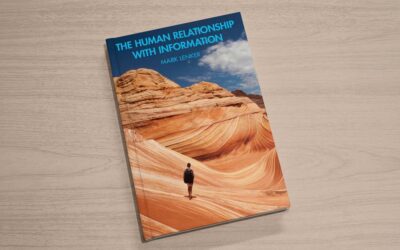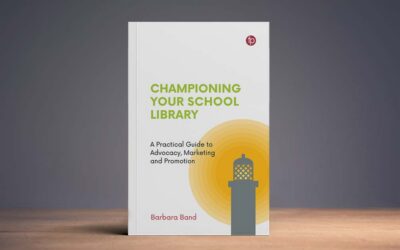Copyright Resources for Librarians
Lauren Hays
In my previous post, I shared an interview conducted with Sara R. Benson, the author of “Compact Copyright: Quick Answers to Common Questions”.
In the interview, she mentioned two resources for staying current on copyright:
- The U.S. Copyright Office
- Podcast: Copyright Chat
I want to share some additional resources I have found beneficial in my own work with copyright.
- U.S. Copyright Office Fair Use Index: “The Fair Use Index tracks a variety of judicial decisions to help both lawyers and non-lawyers better understand the types of uses courts have previously determined to be fair—or not fair.”
- Center for Media & Social Impact: “CMSI develops tools to better understand how to employ fair use, the right to use copyrighted material without permission or payment, under some circumstances. Filmmakers, journalists, teachers, visual arts professionals, librarians, archivists and more all have collaborated with CMSI to clarify how fair use works with their most common practices.”
- Stanford University Copyright and Fair Use Center: “ …includes primary case law, statutes, regulations, as well as current feeds of newly filed copyright lawsuits, pending legislation, regulations, copyright office news, scholarly articles, blog and twitter feeds from practicing attorneys and law professors.”
- Copyright Law of the United States (Title 17) and Related Laws Contained in Title 17 of the United States Code: “This publication contains the text of Title 17 of the United States Code, including all amendments enacted by Congress through December 27, 2020.”
- Copyright Talk Webinar Archive: “CopyTalk is a series of webinars on specific copyright topics that include orphan works, mass digitization, international copyright developments, pending and recent copyright court cases, the copyright implications of new technologies, and more.”
- Copyright Alliance: “The Library Copyright Alliance (LCA) consists of three major library associations — the American Library Association, the Association of Research Libraries, and the Association of College and Research Libraries…The purpose of the LCA is to work toward a vvunified voice and common strategy for the library community in responding to and developing proposals to amend national and international copyright law and policy for the digital environment. The LCA’s mission is to foster global access to and fair use of information for creativity, research, and education.”
These are my “go to” resources on copyright; I hope you find them useful.
Lauren Hays
Lauren Hays, PhD, is an Assistant Professor of Instructional Technology at the University of Central Missouri, and a frequent speaker on topics related to libraries and librarianship. Her professional interests include information literacy, educational technology, library and information science education, teacher identity, and academic development. Please read Lauren’s other posts about skills for special librarians. And take a look at Lucidea’s powerful integrated library systems, SydneyEnterprise, and GeniePlus, used daily by innovative special librarians in libraries of all types, sizes and budgets
Similar Posts
Interview with the Author: Mark Lenker on The Human Relationship with Information
An interview with librarian, philosopher, and author Mark Lenker on his series of short, reflective essays that explore information literacy through a philosophical lens.
An Interview with Author Barbara Band on Championing Your School Library
School library advocate Barbara Band shares guidance from her book on championing school libraries, including strategic advocacy, marketing, and demonstrating impact.
ACRL’s AI Competencies for Librarians: An Overview
ACRL’s AI competencies cover ethics, AI literacy, evaluation, and responsible use. This overview summarizes each competency and how they translate across different library types.
Student Voices and Connection in the School Library
Librarian Lauren Hays shares practical, student-centered strategies school librarians can use to reflect student voices, increase library engagement, and create a welcoming library space.




Leave a Comment
Comments are reviewed and must adhere to our comments policy.
0 Comments